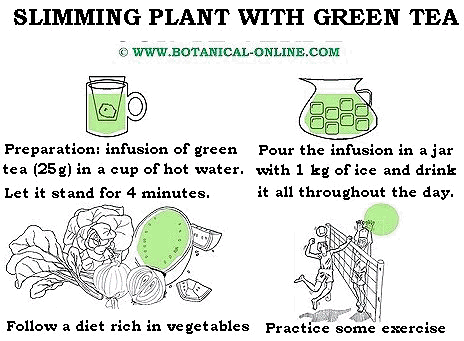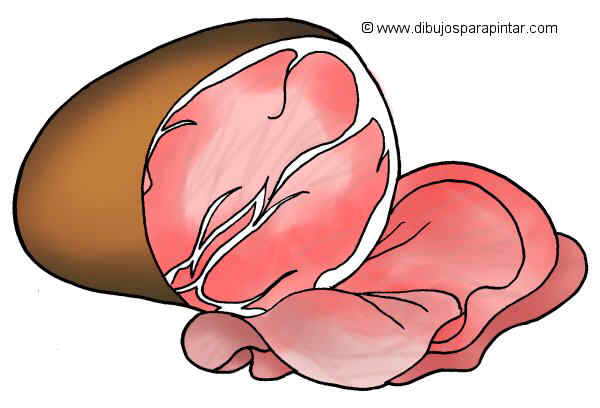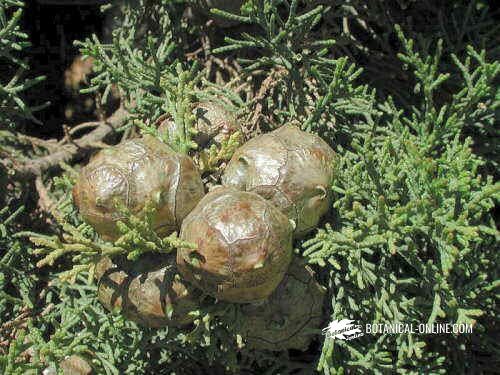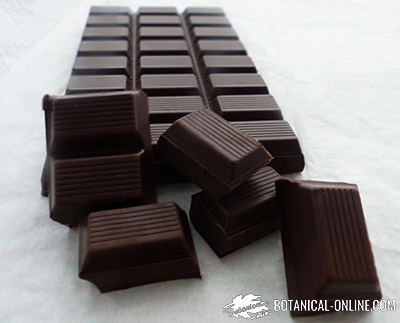(Vitamin B5 or pantothenic acid)
PROPERTIES OF VITAMIN B5
Characteristics of pantothenic acid
Vitamin B5 or pantothenic acid, belongs to the vitamin B complex It is a water-soluble vitamin that was discovered in 1933 in yeast by R. J Williams. The word “panthothen” in Greek means everywhere.
The name pantothenic was given to it because this vitamin can be found in virtually all foods and it is very difficult to be deficient, even more so when the body itself is capable of synthesizing it from intestinal bacteria.
Pantothenic acid is necessary:

The word “panthothen” in Greek means everywhere, because pantothenic acid is found in many foods.
For energy production and metabolism of fats, proteins and carbohydrates.
For the proper maintenance of the nervous system.
For the production of important hormones such as adrenaline and insulin.
For the maintenance of the immune system
For the formation of iron
Problems caused by pantothenic acid deficiency
There are no natural deficiencies of this vitamin unless they are produced specifically for research using artificial diets or products that neutralize.
Where can it be found?
Animal sources of pantothenic acid: All animal foods contain it but it is particularly rich liver or any organ. They are also very rich chicken meat or eggs.
Vegetable sources of pantothenic acid: All vegetable sources contain it but are especially rich whole grains (rice, wheat, etc.).
- Pantothenic acid supplements: Besides food, you can get this vitamin through supplements in the form of capsules or tablets.
Medicinal properties of pantothenic acid:
A varied diet is enough to meet the daily demands of this vitamin. There are however some situations where it may be necessary to increase the daily dose.
This vitamin can be taken as supplements (capsules or tablets) with two forms: the pantethine and calcium pantothenate.
Of all the situations where it might be useful supplement use would mention the following:
It is helpful in reducing cholesterol: It has been found that the supply of high doses of pantothenic acid, helps lower cholesterol (900 mg pantethine)
It improves arthritis conditions: The use of pantethine may improve symptoms of arthritis. (900 mg daily)
It improves chronic fatigue syndrome symptoms: Vitamin B5 or pantothenic acid, reinforces the adrenal glands (suprarenal glands), which increases the production of cortisol and other hormones that provide energy to the organism. The usual dose is usually about 1000 mg daily, divided into two doses with meals
It improves discoid lupus: The administration of this vitamin may improve the symptoms of this disease that affects the skin.
It helps to improve heartburn: combined with biotin and thiamine helps remedy the acidity of the stomach. (2000 gr. Pantothenic acid divided into two doses. 500 gr. Thiamin rising and 1500 gr. Choline in three doses) Aid in the digestion of food which is very useful for the treatment of flatulence. (Take a capsule of 50 or 100 mg after each meal)
It helps to combat stress: Along with other B vitamins help to improve symptoms of stress. (100 mg in complex B)
It helps to combat migraines: It may be useful in continuous headaches. (800 mg daily divided into 2 doses)
- Hair fall? Grey hairs? Maintenance of youth? Abandonment of the alcohol consumption? There are no demonstrated tests on the use of this vitamin to solve these problems.
Daily pantothenic acid needs:
The recommended doses for this vitamin are:
| Recommended amount of pantothenic acid (B5 vitamin) in mcg (micrograms) | |
| Less than 6 months | 2 |
| Of 6 months to 1 year | 3 |
| Of 1 to 3 years | 3 |
| Of 4 to 6 years | 3-4 |
| 7 to 10 years | 4-5 |
| Men and women from 11 years old | 4-7 |
Toxicity of vitamin B5
Pantothenic acid has no toxicity, although very high doses can cause diarrhea and fluid retention.
Except for therapeutic use, vitamin supplements should not be taken because, in addition to their high prices, they are superfluous, since food provides enough amount of this vitamin.
LIST OF VITAMINS
![]() More information on vitamins.
More information on vitamins.








